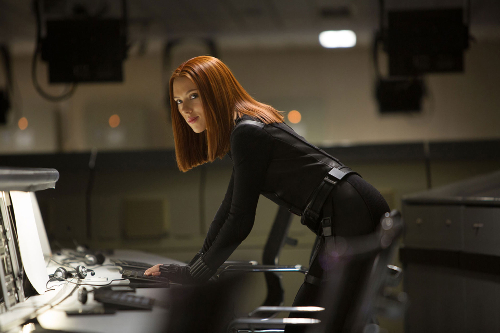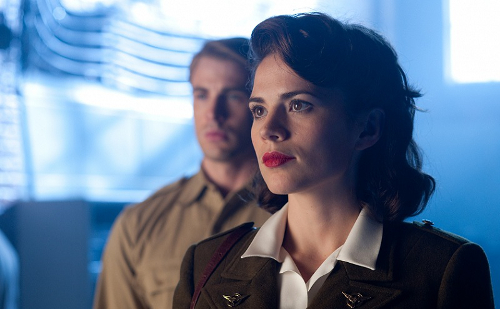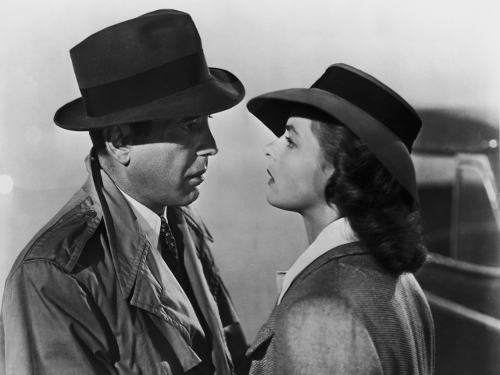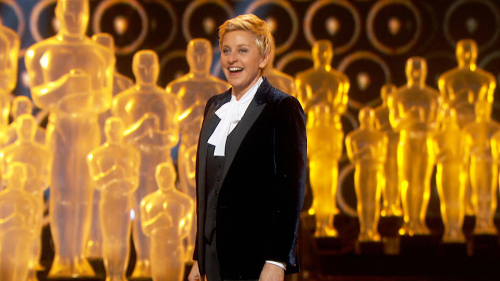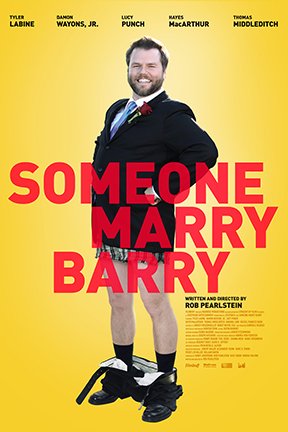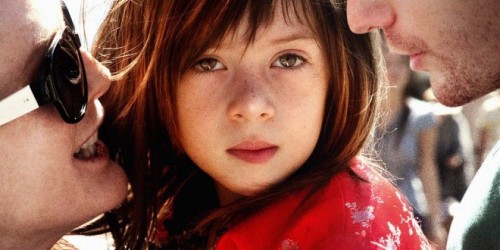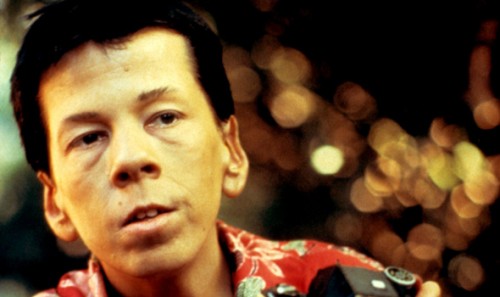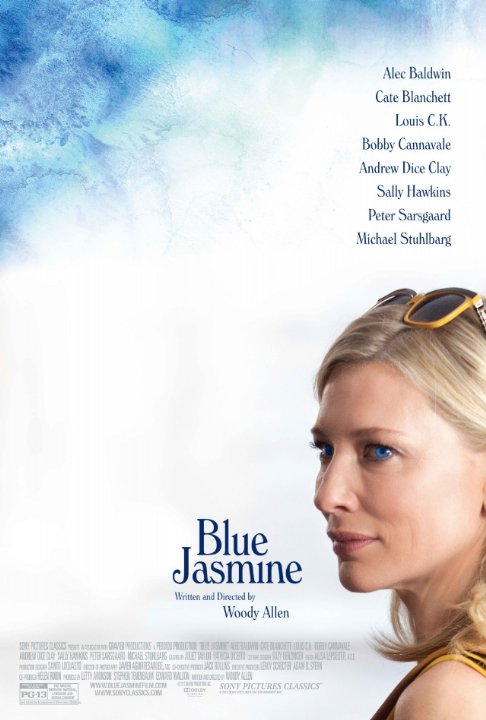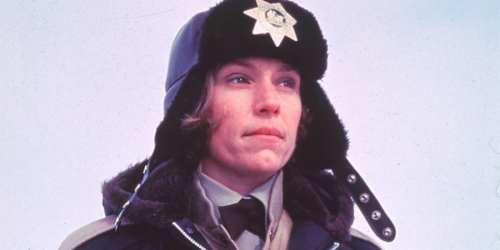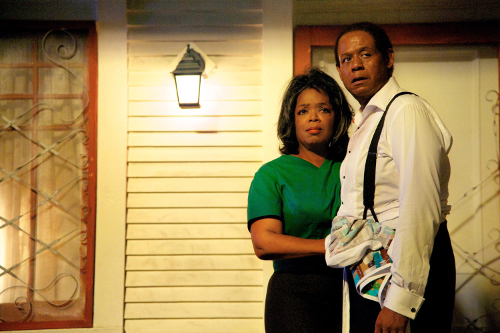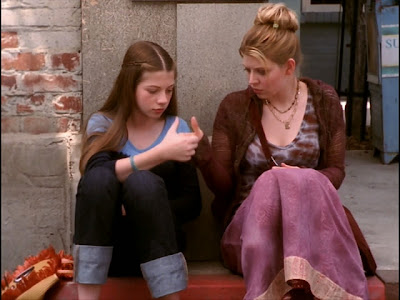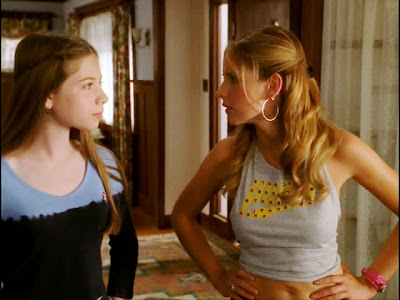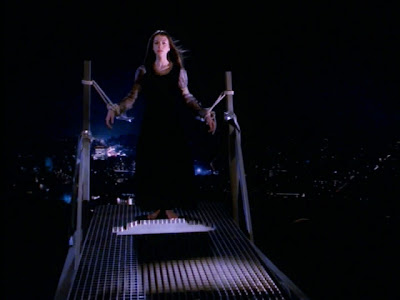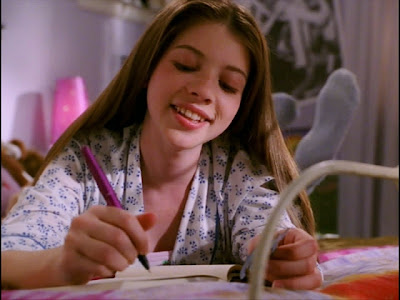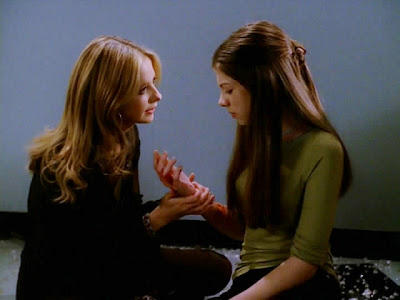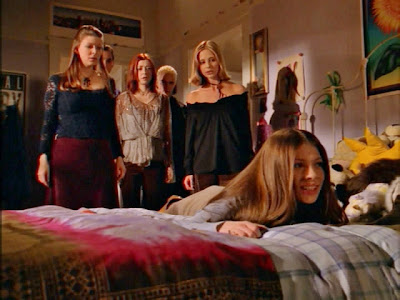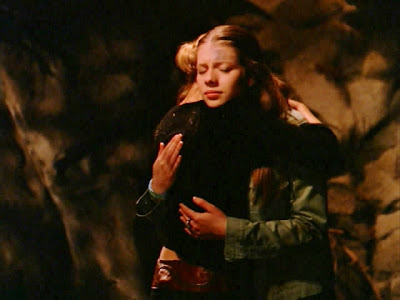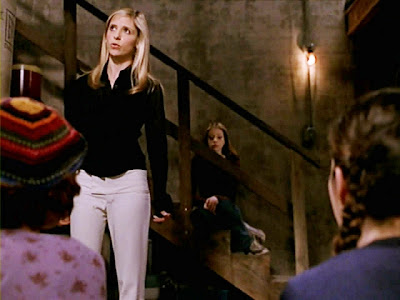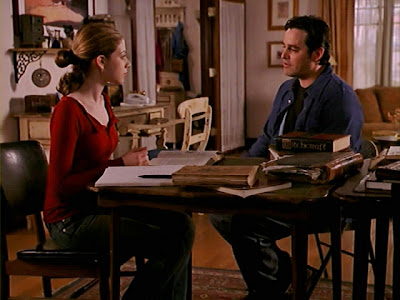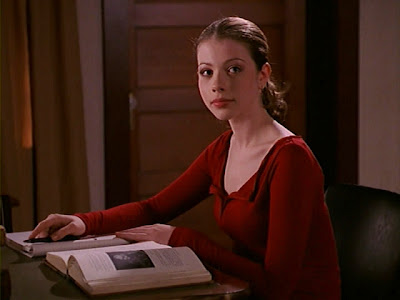
[This review contains spoilers]
As I wrote last week, I love me some Peggy Carter, and worried about how Captain America: The Winter Soldier would fare (mostly) without her. So I was pumped that Peggy not only appears from the past (interviewed in a video presentation in the Smithsonian exhibit on Captain America), but as an ailing nonagenarian Steve still calls “his best girl.”
And even better, the other women in the film are all some shade of awesome. I wanted more from all of them, but I’m greedy like that.

The other Carter to make an appearance is Emily VanCamp’s Agent 13, who is originally introduced as “Kate,” Steve’s cute neighbor from across the hall, who is quickly revealed to be a S.H.I.E.L.D operative tasked to keep an eye on Steve. And let’s be real: all this character needs to do in this movie is exist, click off another “canonical comic character” box and give a bit more set-up in the Marvel Cinematic Universe should she become Cap’s love interest as she has been in the comics. As S.H.I.E.LD is revealed to be riddled with corruption and infiltrated by evil organization HYDRA, we assume Agent 13 is One of the Good Guys because she looks concerned when they cut to her in the control room scenes. She doesn’t get much dialogue, but she does punch a few bad guys at some point, I think. There’s so much punching in this movie I couldn’t keep track of all of it. (Note: this is not really a criticism.) Anyway, she’s Sharon Carter, who will theoretically be some relative of Peggy’s, and in the next sequel she and Cap will probably smooch. They’re is plenty of time to develop her character before Captain America 3 comes out in 2016.

The woman with the most screen time in the film is Scarlett Johansson’s Black Widow. A lot of critics are saying this is her most substantial outing in the Marvel Cinematic Universe (at least the ones not still hung up on her being mere eye candy), but The Avengers still made the best use of her character. While she may be on screen more in Winter Soldier, she’s not as crucial to the plot here, and not quite as lovable. I was a little put off by her fixation with Steve’s love life, finding it out of character and merely an instrument to highlight Steve’s loneliness. But that’s a minor quibble: Black Widow is still a total badass in this movie, and gets in some great snarky lines, and looks hot doing it.
But what really made Black Widow work in The Avengers was the glimpses of her vulnerability: her genuine fear of The Hulk, he anguish over Hawkeye, her guilt over her past. These made her badass moments so much more satisfying, in particular the turnaround in her interrogation of Loki when she gets him to say too much leaning in to these weaknesses. In the Winter Soldier, Black Widow’s vulnerability is demonstrated through physical injury, which is dramatic, sure, but superficial and less interesting.
And I know, I know, “strong but vulnerable” is the oldest cliché in the book when it comes to well-developed female characters. But that’s because “strong but vulnerable” is what makes characters, irrespective of gender, someone to root for and relate to. And sure, the vulnerable side of the equation for female characters appeals to some because it reinforces sexist ideas about women’s weaknesses. But for me, vulnerability is especially important when it comes to action heroines, to escape the trope of The Fighting Fucktoy (which is exactly what Black Widow was when she first appeared in Iron Man 2).

Speaking of absence of vulnerability: Cobie Smulders as Maria Hill returns, and remains on the precipice of awesome. I’m patiently waiting for her character to get fleshed out a bit in the MCU, because all we know about her now is that she’s extremely tough. While she’s not as sexualized as Natasha Romanoff has sometimes been, she still looks like Cobie Smulders, and I want her to be more than a Hot Chick With a Gun. She’s the person Nick Fury calls when he’s in trouble. I want to know why. (In the Black Widow movie the whole world desperately wants to see, she could be Natasha’s buddy cop. MAKE IT HAPPEN, MARVEL.)
All in all, Captain America: The Winter Soldier does all right by its women. I’m also going to award it feminism points for the thematic importance of male friendship, because dudes have emotions too! This comes primarily from the epic drama of Steve vs. The Winter Soldier, who is none other than his childhood best friend and fallen comrade Bucky Barnes, which brings about a tremendous amount of what I believe the internet refers to as “feels.” (Bucky is remarkably emotional for someone allegedly brainwashed. I reached the point where I had to stifle my laughter every time his face was in closeup because he’s soooooo tortured. Part of me thinks I laughed so I wouldn’t cry. The other part of me is still chuckling).

But there’s also Steve and his new BFF Sam Wilson (an unstoppably charming Anthony Mackie), who joins him in what’s pretty much a suicide mission as The Falcon because that’s what good bros do when their buddy is dismantling a corrupt government organization. Steve and Sam bonding over returning from combat and laughing at their own dumb inside jokes is the perfect counterbalance to the tooooooorturrrrred broken relationship between Bucky and Steve.

Captain America: The Winter Soldier definitely gets my geeky stamp of approval (I can see this being in heavy rotation for me when it comes out on video), and it is nice that doesn’t have to be “in spite of” its treatment of women. If you are even a little bit of a comic book movie fan, you should see this one.
Robin Hitchcock is an American writer who has dressed up as Captain America for Halloween.
